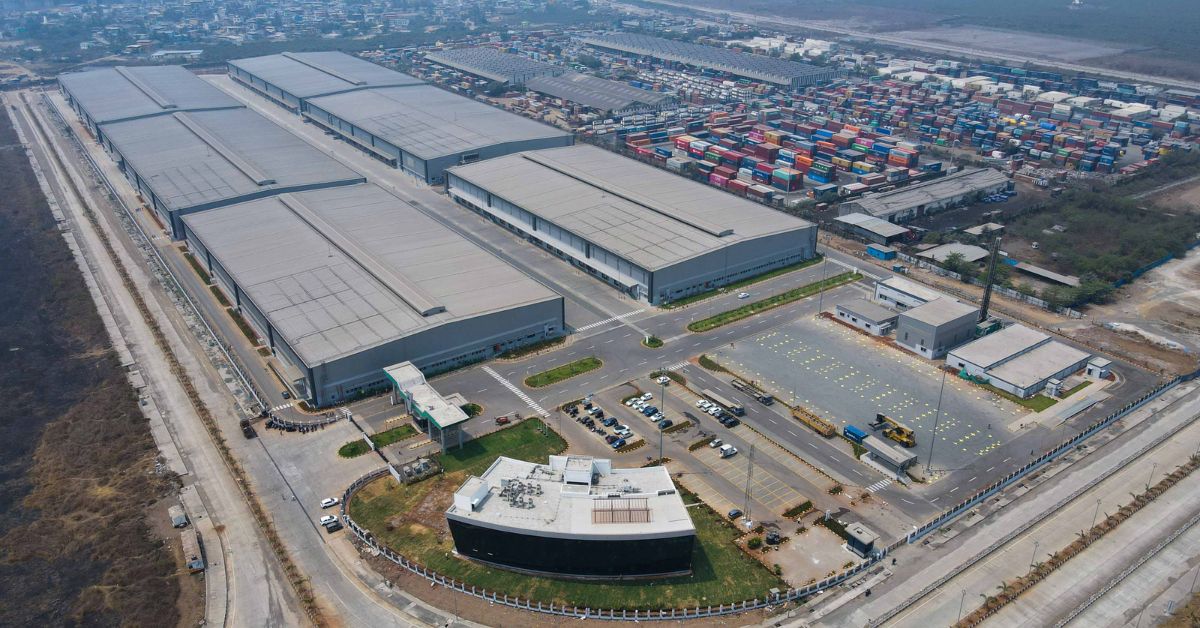Indian businesses are turning to technology to build more resilient supply chains, with 66% employing or planning to employ augmented or virtual reality for troubleshooting and repairs surpassing the 54% global average.
79% of Indian firms are employing or planning to employ artificial intelligence (AI), big-data analytics, and predictive analytics for real-time insights and disruption forecasting, up 7% on the global average.
New research supported by DP World and led by Economist Impact reveals that Indian businesses are deploying innovation and technology in supply chains to capitalise on opportunities arising out of the shifting geopolitical and trade landscape. The report serves as barometer for the logistics sector and captures the perspectives of trade experts and senior executives globally.
The findings of the fourth edition of the Trade in Transition report revealed that 2023 was a pivotal year in supply chain innovation while technology drives optimism for 2024.
In line with this, India’s positive trade outlook is backed by new technologies and agile supply chains, and Indian businesses are leading the charge when it comes to tech adoption. Nearly, 66% of Indian business leaders are employing or planning to employ augmented or virtual reality for troubleshooting and repairs, surpassing the 54% global average. Further, 79% are employing or planning to employ AI, big-data analytics, and predictive analytics for real-time insights and disruption forecasting, up 7% on the global average. 80% are utilising the Internet of Things (IoT) and radio frequency identification for real-time tracking and monitoring, 9% higher than the global average.
Highlighting India’s focus on strengthening and diversifying its supply chain that is backed by technological interventions and multimodal infrastructure like free trade warehouse zones, the study observed a significant jump in businesses moving to a just-in-case inventory model from last year’s findings. It noted that to ensure supply chain resilience, executives in India are investing in creating higher inventory buffers with a focus on protecting businesses from external fluctuations.
This year’s global study shows that, on average, 41% of companies surveyed have an additional inventory buffer of around 1 to 3 months as compared to 20% in 2023, reflecting a 2x increase in businesses moving to a just-in-case inventory model. This indicates a clear shift from the previously followed ‘Just-in-time’ strategy to a more risk assessed strategy.
Rizwan Soomar, CEO & MD, DP World North Africa and India Subcontinent, said: “The findings of the new Trade in Transition report reflect the sentiment of Indian businesses that have not only embraced innovation through technology but also effectively leveraged initiatives under the Public Digital Infrastructure created by Government of India. As a partner to India’s strengthening export competitiveness, DP World’s multimodal end-to-end logistics solutions and on ground assets like FTWZs, warehouses and cold chain, rail freight network and inland terminals, are opening new markets for businesses.
Our integrated technological solutions like real time tracking, warehouse automation, paperless documentation, AI based route calibrations, CO2 emissions insights, and optimal inventory management are helping businesses achieve better logistics cost efficiencies while enhancing sustainable cargo movement.”
India has implemented the National Logistics Policy and the Unified Logistics Interface Platform (ULIP) with an objective of providing easy access to data for all stakeholders. These along with the country’s focus on strengthening assets like free trade warehousing zones, rail connectivity, and multimodal logistics parks will support the country’s goal of raising manufacturing to 25% of GDP by 2025 from 17.7% currently.







